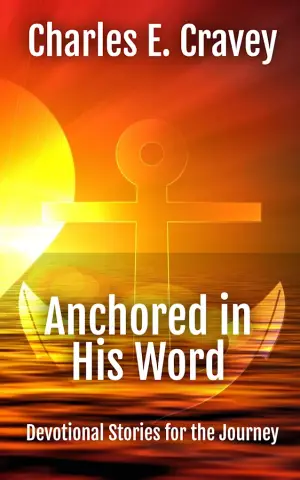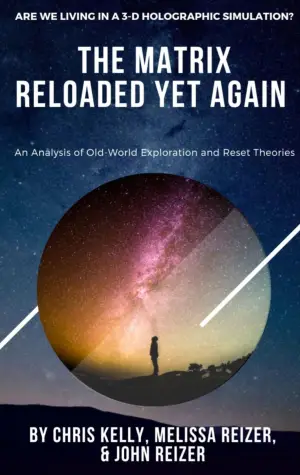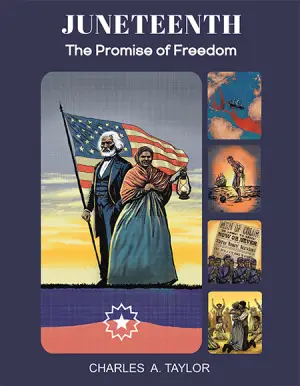Navigating the Contemporary Wilderness: A Reflection on Issues Facing Christians Today
As a lifelong learner and someone who often grapples with the complexities of faith in a rapidly changing world, Issues Facing Christians Today by John Stott and Roy McCloughry immediately caught my attention. The challenges presented—terrorism, same-sex marriage, debt cancellation—are not just headlines; they stir within us a cocktail of emotions and beliefs that demand thoughtful engagement. Stott’s name stands as a beacon of wisdom, and his ability to delve into these pressing topics while maintaining a biblical foundation is something I was eager to explore further.
From the moment I opened the pages of this book, I found myself enveloped in a sense of urgency and relevance. The writing is articulate and deeply informed, reflecting a keen understanding of both scripture and the contemporary issues that confront modern Christians. Each chapter serves as a bridge, connecting timeless biblical truths to the nuanced realities we face today. Stott’s approach of presenting both sides of each issue invites readers into a space of reflection, encouraging us to ponder rather than react. It feels like sitting down with a wise friend—one who challenges you but also nurtures your understanding.
The themes explored throughout the book resonate deeply with everyday experiences. Stott tackles pluralism, environmentalism, and moral questions surrounding bioengineering with a deft hand, offering clarity amid the chaos. One review captured my thoughts perfectly: “This book should be on the shelf of every Christian.” It’s a call not only to intellectual engagement but to compassionate dialogue with those who may hold differing viewpoints.
I’ve come to appreciate the thoroughness of the explorations provided, such as the addition of Professor John Wyatt’s new chapter on bioengineering. This section tackles the moral dilemmas associated with emerging technologies, asking us to consider the sanctity of life in a world that often blurs ethical lines. It’s thought-provoking and unsettling, in the best way possible, forcing us to come face-to-face with the consequences of progress.
Stott’s unwavering commitment to scripture as the foundation for all discussions is both refreshing and grounding. A particularly striking quote that stayed with me was about the need for Christian leadership in a “culture of distraction.” This passage serves as a stark reminder—that we are called to lead not just within the church but in society at large.
Speaking of audiences, I believe Issues Facing Christians Today will resonate with a wide variety of readers. Whether you’re a seasoned theologian or just starting your faith journey, the book offers insights that are relevant and actionable. For anyone feeling bewildered by the moral landscape of today’s world, this book is a lifeline.
In conclusion, my reading experience left me feeling both challenged and equipped to engage with the world thoughtfully and faithfully. Stott does more than provide answers; he urges us to remain curious, to question, and ultimately to believe in the transformative power of discussion rooted in love and understanding. I can’t recommend it enough, and I hope it will inspire many to embark on their own journey of reflection as we navigate the complexities of contemporary life together.















